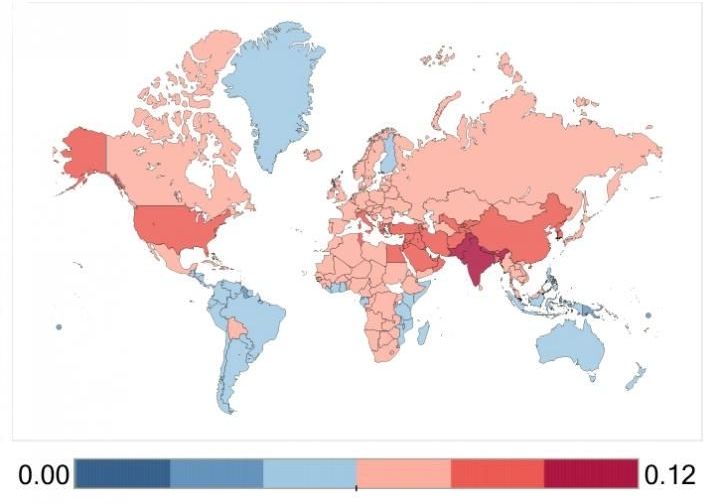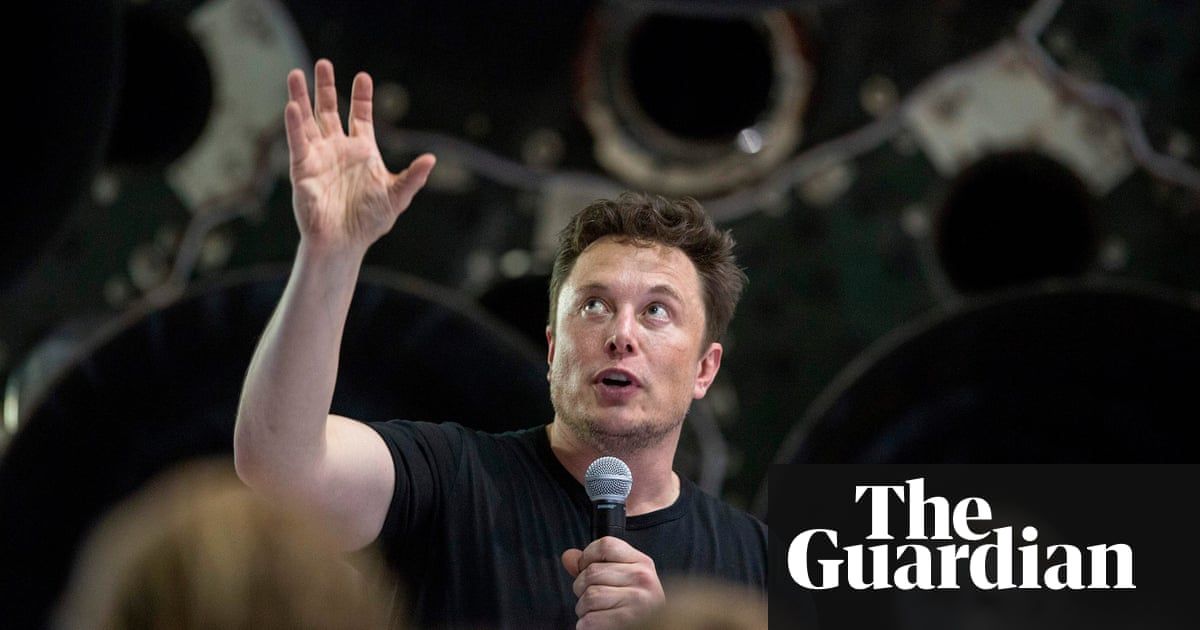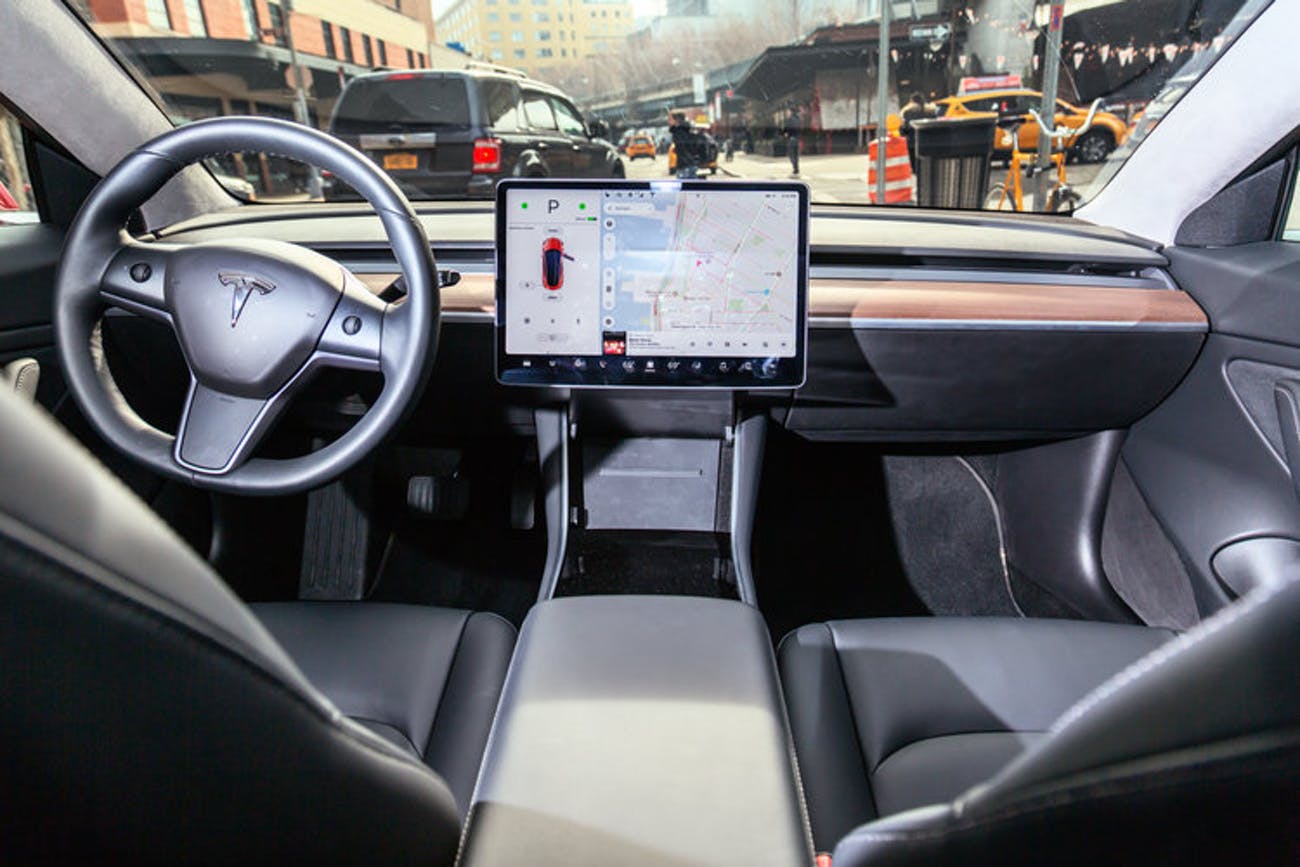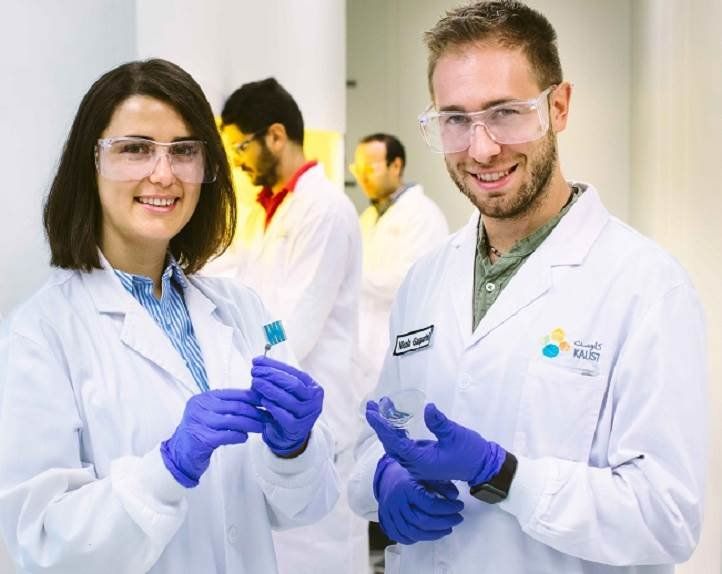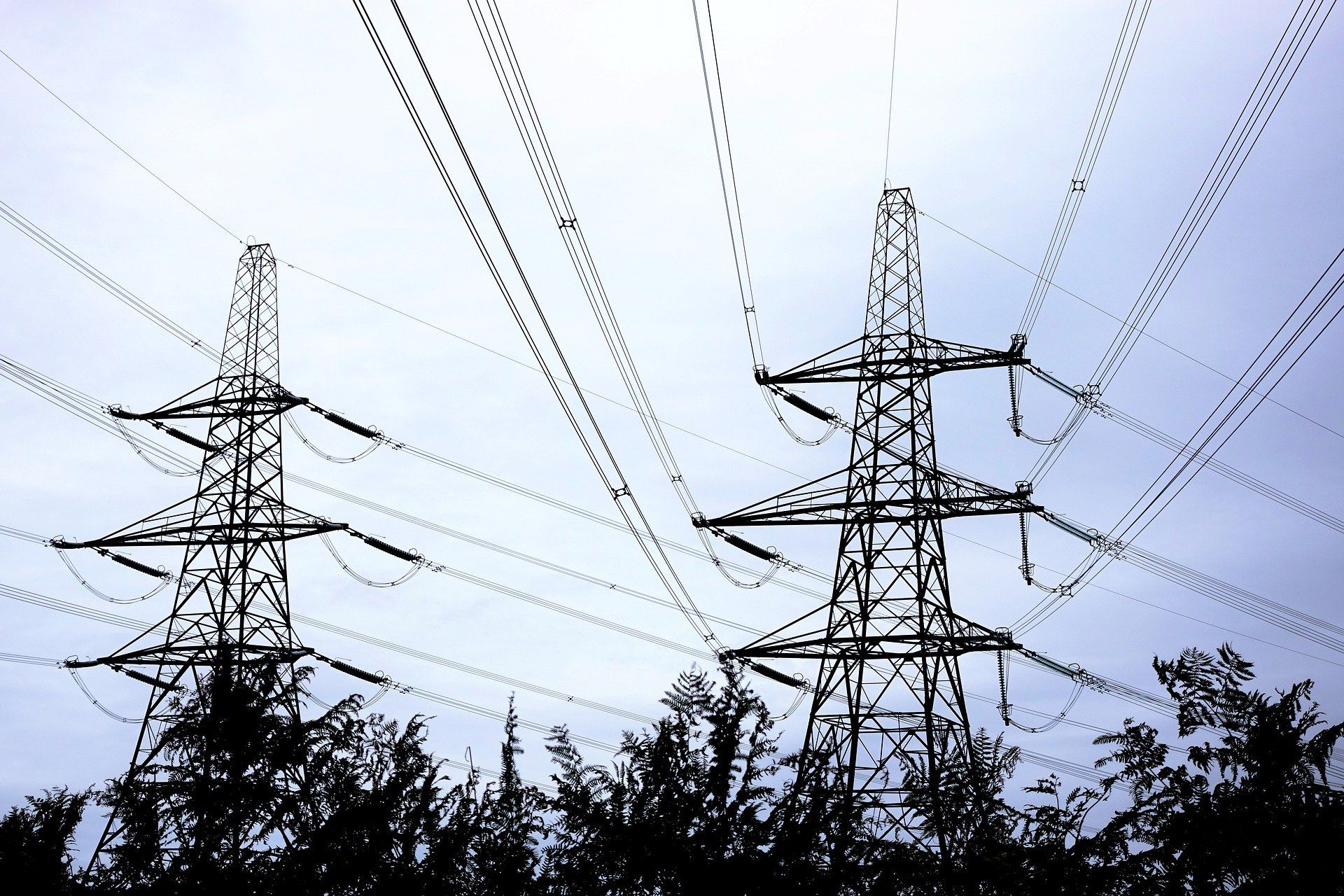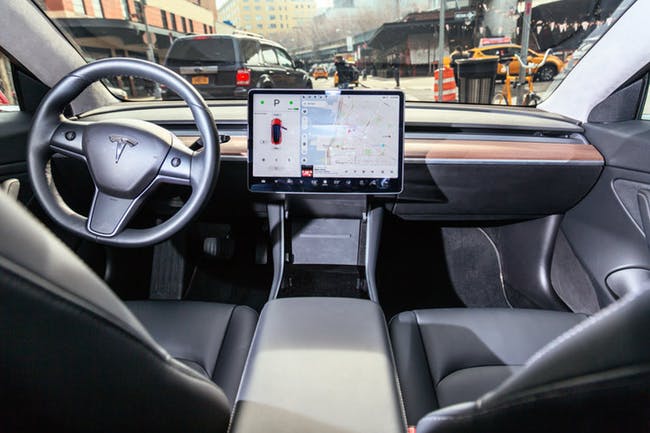https://paper.li/e-1437691924#/
Solar panels might be the energy source of the future, but they also create a problem without an easy solution: what do we do with millions of panels when they stop working?
In November 2016, the Environment Ministry of Japan warned that the country will produce 800,000 tons of solar waste by 2040, and it can’t yet handle those volumes. That same year, the International Renewable Energy Agency estimated that there were already 250,000 metric tons of solar panel waste worldwide and that this number would grow to 78 million by 2050. “That’s an amazing amount of growth,” says Mary Hutzler, a senior fellow at the Institute for Energy Research. “It’s going to be a major problem.”
Usually, panels are warrantied for 25 to 30 years and can last even longer. But as the solar industry has grown, the market has been flooded with cheaply made Chinese panels that can break down in as few as five years, according to Solar Power World editor-in-chief Kelly Pickerel.


